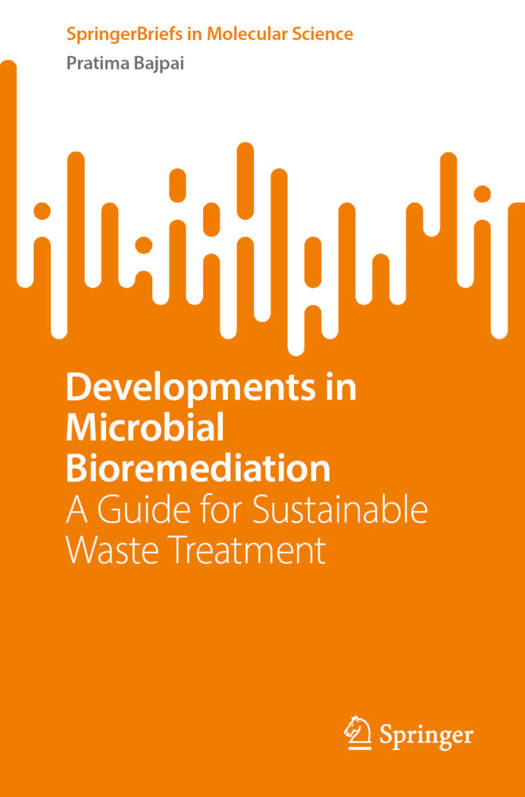
- Afhalen na 1 uur in een winkel met voorraad
- Gratis thuislevering in België vanaf € 30
- Ruim aanbod met 7 miljoen producten
- Afhalen na 1 uur in een winkel met voorraad
- Gratis thuislevering in België vanaf € 30
- Ruim aanbod met 7 miljoen producten
Omschrijving
This book sheds new light on the transformative role of microorganisms in waste management, offering a comprehensive overview of microbial waste management strategies and their applications. Through this book, readers will learn about the latest advancements in bioremediation and microbial consortia technology, providing a fresh perspective on sustainable waste treatment solutions.
The chapters cover topics such as the types and origins of waste, the importance of microorganisms in various waste management processes, and the benefits of bioremediation compared to traditional methods. Readers will discover diverse strategies for managing microbial waste, including bioleaching, bioaugmentation, and utilizing microorganisms to aid phytoremediation. The book also discusses the combined use of bacteria and microalgae for wastewater treatment and emerging innovations in microbial consortia technology. Critical attention is given to the role of microbes in multiple industrial applications such as pharmaceuticals, food processing, textiles, explosives, distilleries, and petrochemicals. Additionally, it explores bioinformatics approaches like genomics and proteomics that drive bioremediation efforts.
This volume is an essential resource for researchers in environmental science, biotechnology professionals focusing on sustainable practices, scholars studying advanced wastewater treatment methods using nanotechnology or plant species integration with microorganisms. It invites readers to think through critical questions about sustainable waste treatment practices while offering valuable insights into future perspectives on microbial waste management.
Specificaties
Betrokkenen
- Auteur(s):
- Uitgeverij:
Inhoud
- Aantal bladzijden:
- 117
- Taal:
- Engels
- Reeks:
Eigenschappen
- Productcode (EAN):
- 9783031783180
- Verschijningsdatum:
- 22/01/2025
- Uitvoering:
- Paperback
- Formaat:
- Trade paperback (VS)
- Afmetingen:
- 156 mm x 235 mm
- Gewicht:
- 208 g

Alleen bij Standaard Boekhandel
Beoordelingen
We publiceren alleen reviews die voldoen aan de voorwaarden voor reviews. Bekijk onze voorwaarden voor reviews.











